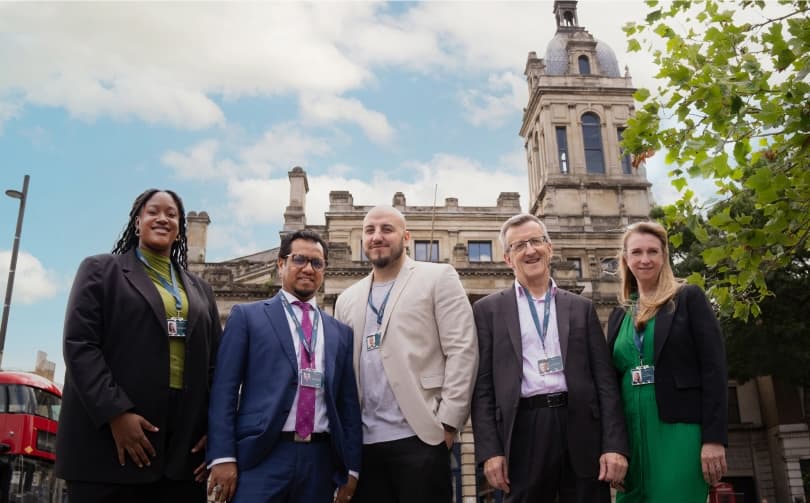Community storiesBe inspired by local business owners

Your small business Festive Gift Guide
The festive season is upon us and whether you're an early shopper or a last-minute one, you can be sure to find something truly special when you buy from London's many independent businesses.
We've curated a selection of inspiring small businesses to help you find unique gifts that are set to wow your loved ones this holiday season, from classics such as candles and home decorations to motivational stationery or daring surprises like a terrifying hot sauce.
Explore our Festive Gift Guide to shop local this season.
More success stories from our community

Get started today
Inspired by our community stories but unsure where to start? Our Business Support Managers can help assess your business needs and direct you to the right support available. Book a free consultation.
Get online support
You can take our free Business Success Check to get personalised recommendations based on your business needs, including support for upskilling yourself or your employees.
